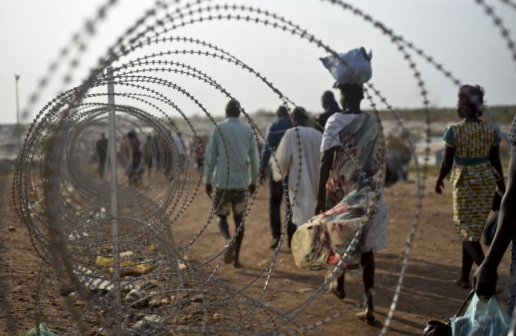×
The Standard e-Paper
Home To Bold Columnists

At 8am on a wet Monday morning two South Sudanese children step out of a gleaming SUV and run into their classroom in a school in Kampala, the Ugandan capital. Wealthy South Sudanese generals prefer to send their children to school abroad, and only the best, such as this $17,500-a-year (Sh1.8 million) private school near Lake Victoria, is good enough for their offspring.